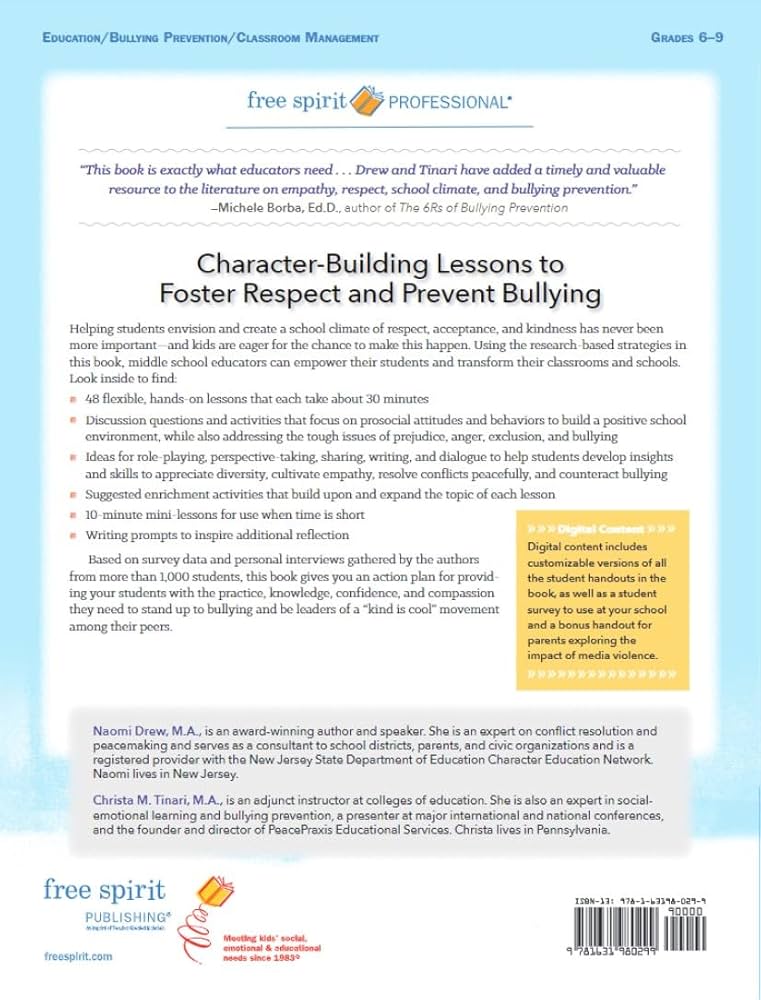
Meditating for Compassion
In a world that frequently seems burdened by violence, injustice, and hardship, discovering a route to compassion may appear to be an overwhelming challenge. Although the media often depicts a planet fraught with conflict, statistics indicate a decline in overall violence compared to earlier centuries. Nonetheless, this does not lessen the gravity of present-day horrors such as the famines in Yemen and South Sudan, forced migrations, and wars that uproot millions. It’s simple to feel powerless against such sweeping concerns, but a transition toward compassion can initiate with personal actions and awareness.
Compassion stands in stark contrast to the divide-and-conquer tactics typically employed by leaders aiming for dominance. Forming in-groups and out-groups breeds division and dehumanization, sustaining a cycle of cruelty and absence of empathy. The economic inequalities in nations like the UK and the USA, where wealth accumulation results in societal divisions, underscores the necessity for a compassionate approach in policy and governance.
Meditation, particularly practices such as Metta or Loving Kindness, provides a means to foster compassion for ourselves and others, including those who inflict harm. In Thich Nhat Hanh’s teachings, we grasp that nobody is flawless and everyone makes errors or behaves unskillfully. This viewpoint allows space for development and progress without the weight of shame or guilt.
By participating in a Metta meditation, practitioners can offer kind wishes and love to themselves and others, transforming negative sentiments and promoting positive transformation. This practice aids in softening our hearts, enabling us to tackle the world’s difficulties with empathy instead of anger or despair.
Furthermore, grasping the concept of interbeing or interconnectedness strengthens the notion that our deeds are part of a greater whole. We are intrinsically connected to every aspect of nature and humanity, and the harm we cause to others eventually affects ourselves.
Thich Nhat Hanh’s poem, “Please Call Me By My True Names,” embodies this philosophy by illustrating the intertwined nature of all life, emphasizing that joy and suffering are shared human experiences. Through mindfulness and meditation, we can nurture a compassionate heart, striving for a kinder world where positive transformations are attainable, one mindful breath at a time.